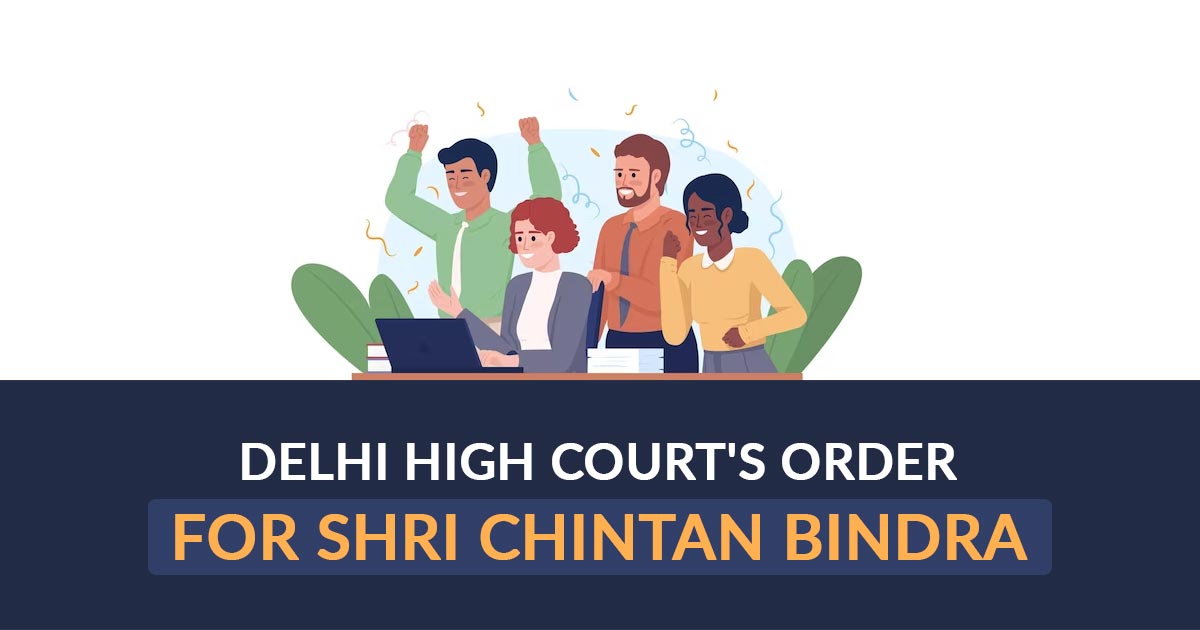
The employer of the applicant or taxpayer who has looses to perform his duty to deposit the deducted tax with the dept could not be penalized, Delhi High Court ruled. The same shall always be open for the revenue to move forward against the applicant’s employer for the recovery of the deducted tax. The bench of Justice Rajiv Shakdher and Justice Girish Kathpalia has noted that.
The Delhi High Court ruled that the petitioner’s or assessee’s employer, who neglected to deposit the deducted tax with the department, cannot face penalties. However, the revenue retains the right to pursue the petitioner’s employer to recover the deducted tax.
Justice Rajiv Shakdher and Justice Girish Kathpalia noted that the petitioner, upon receiving a salary with tax deducted at the source, had relinquished control over it. The responsibility fell on the employer, acting as the revenue’s tax collector under Chapter XVII of the Income Tax Act, to lawfully remit the deducted tax to the Central Government.
Since April 16, 2008, the petitioner held a position as an airline pilot, specifically as a captain, within Kingfisher Airlines Limited.
The respondents and department had issued multiple demands for overdue income tax and interest related to Assessment Years 2009–10, 2011–12, and 2012–13. Despite the petitioner receiving a salary with income tax deducted at source, Kingfisher Airlines Limited, the employer, failed to remit it to the revenue. Despite the petitioner’s repeated attempts to resolve this issue, the demands remained unresolved, prompting the filing of a writ petition.
The primary concern raised was whether the petitioner could be held accountable for the outstanding tax demand, considering that his employer, Kingfisher Airlines Ltd., consistently deducted tax from his salary but failed to deposit it with the department.
The assessee argued that upon accepting the salary post-income tax deduction, they relinquished control over it. According to the argument, it became the duty of the employer, functioning as a tax collection agent under Chapter XVII of the Act, to lawfully remit the deducted tax to the Central Government. Consequently, the petitioner’s employer, failing in this duty, shouldn’t face penalties. The department could still pursue the petitioner’s employer for the recovered deducted tax.
The court invalidated intimations and communications from the respondent, specifically those under Section 143, which raised tax and interest demands against the petitioner. Subsequently, the court prohibited the respondents from initiating any recovery procedures linked to those intimations and communications.
Furthermore, the court instructed the respondents to reimburse the petitioner within four weeks of the order. This refund had been mistakenly adjusted against the demands. However, it was specified that if the petitioner recovers any sum corresponding to the tax deducted from their income at the source from their employer, it should promptly be remitted to the department.
| Case Title | Shri Chintan Bindra VS Deputy Commissioner of Income Tax & ORS |
| Citation | W.P.(C) 2164/2022 & CM APPL. 6192/2022 |
| Date | 29.11.2023 |
| Petitioner | Mr Puneet Agarwal, Mr Yuvraj Singh and Mr Chetan Kumar Shukla, Advocates |
| Respondents | Mr Ruchir Bhatia, Sr. Standing Counsel with Ms Deeksha Gupta, Advocate |
| Delhi High Court | Read Order |








